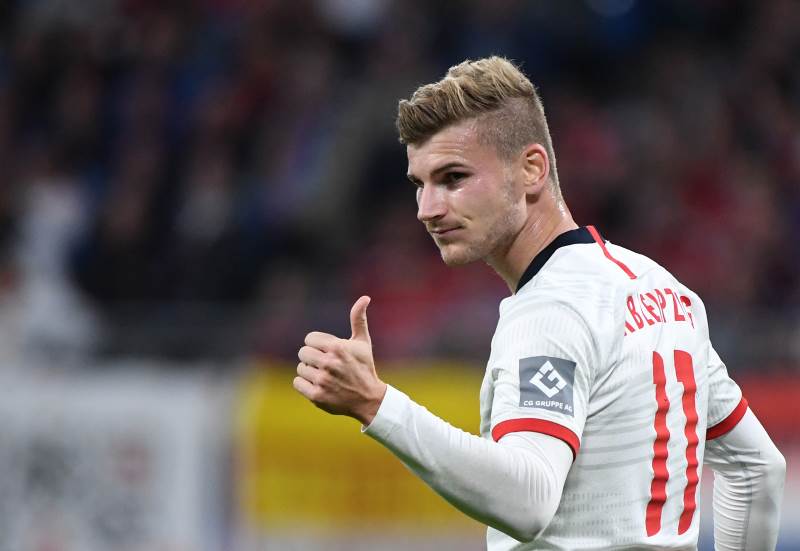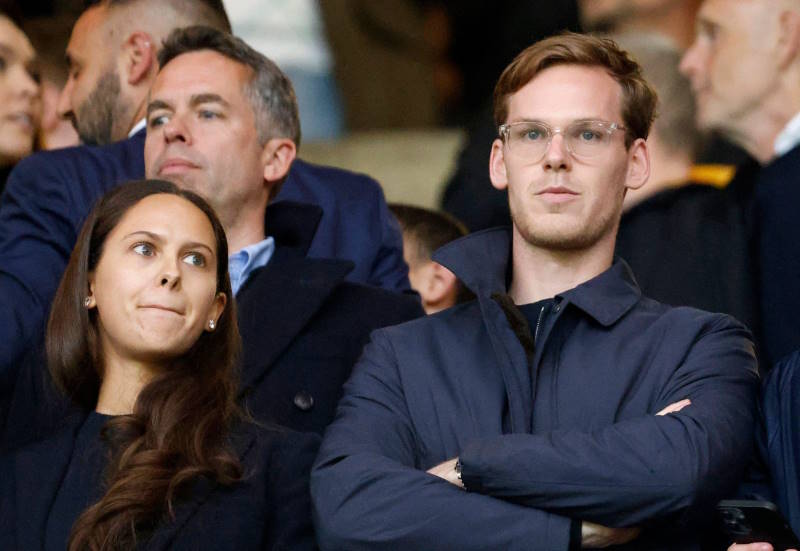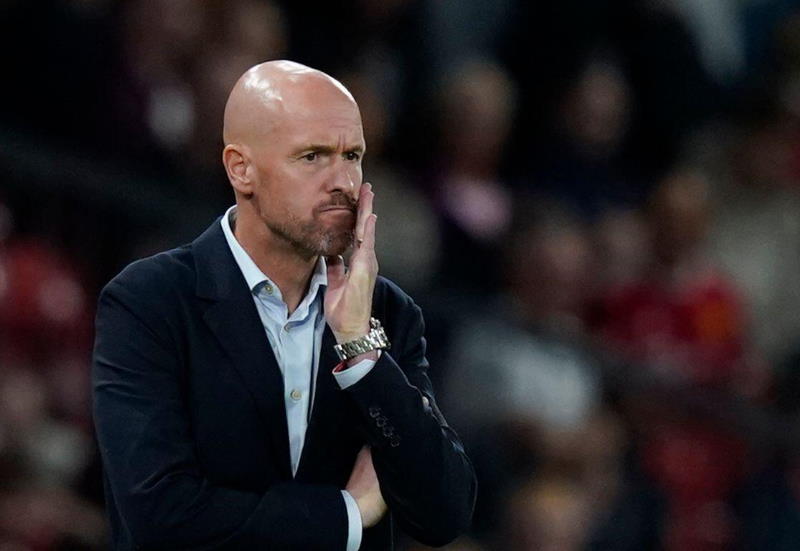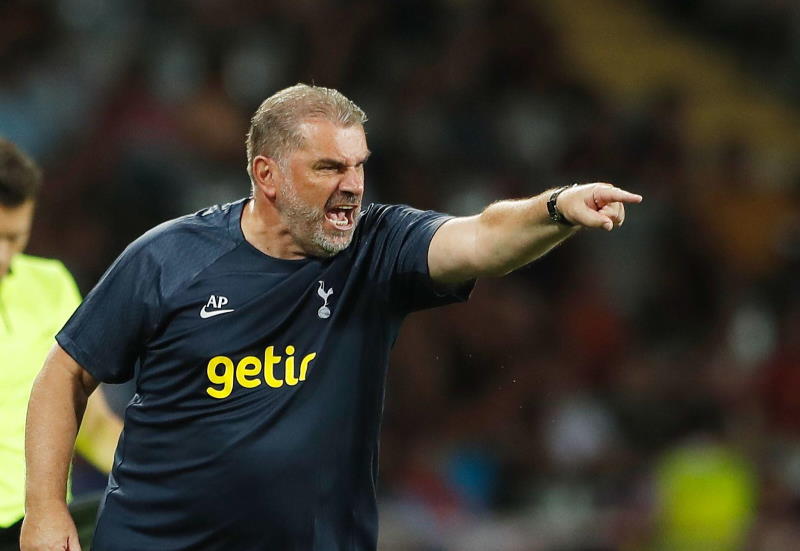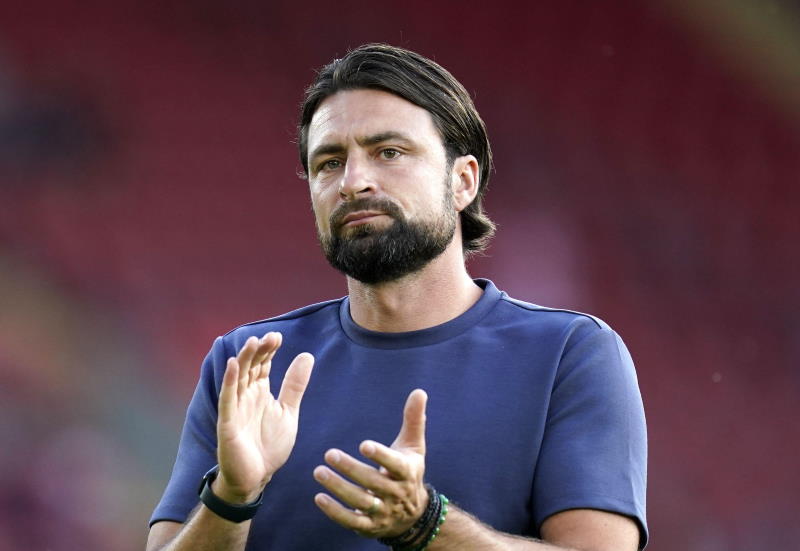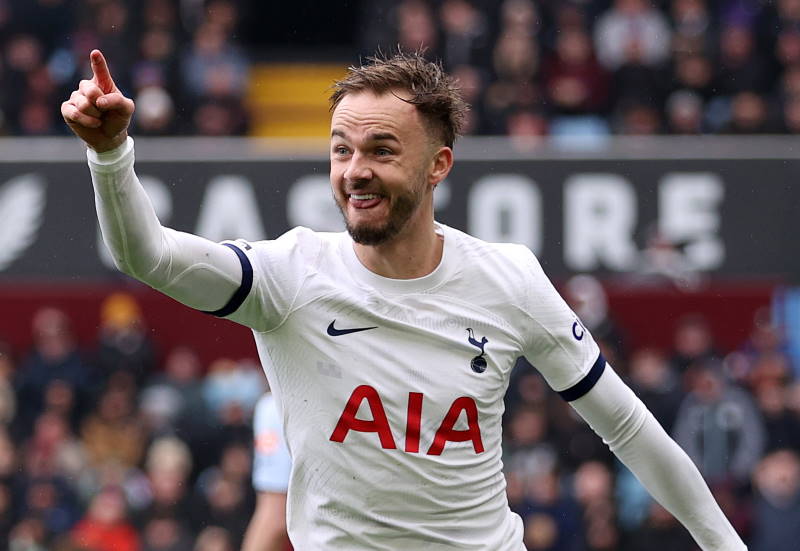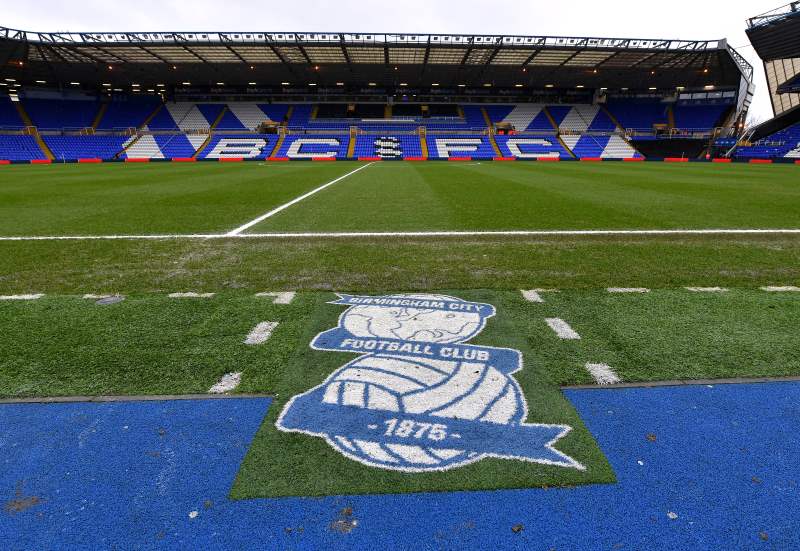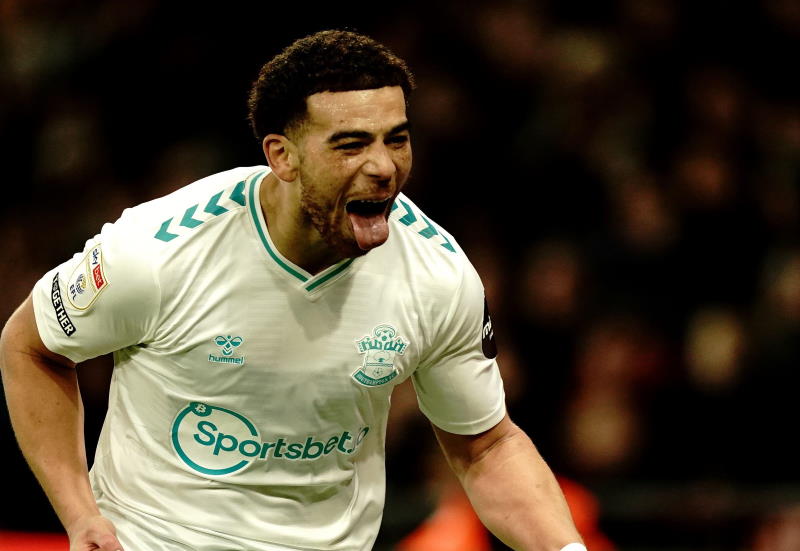
English Premier League clubs having been taking pre-season tours of Australia, Asia and North America for many years now. They offer a rare chance for fans around the world to watch teams from what is arguably the finest league in the world; But what do these Premier League sides have to gain from these grueling road trips? And what does it mean to soccer in North America in particular to have Premier League teams willing to showcase the sport?
Bolton Wanderers were the first Premier League team to play a match this year on American soil, lining up against the Charlotte Eagles, a club from the United Soccer Leagues Second Division. On average, Charlotte draw little more than a thousand spectators for home matches. There were 4,000 on hand to watch Bolton win the match easily 3-0 as the Premier League club swelled the crowd.
Playing lowly North American sides certainly can’t prepare teams for competition in the Premier League. Many managers choose to leave their starting 11 on the bench for much of these matches. However, these mismatches certainly do give reserve players a chance to stretch their legs and perhaps prove their worth. The paltry number in attendance, when compared to the crowd Bolton could draw back home, seems to make the revenues negligible beside the cost of bringing the team over and providing them with accommodation.
While players travel in luxury and have their needs met at a snap of the finger, scheduling a tour is still a delicate balance for managers and team owners. An overly tough schedule may demoralise or weaken their players for the upcoming season. In this respect, some sides may well be taking a risk by touring the world. It also opens the club to the potential of humiliating defeats to much weaker teams.
Do players feel it is their duty to spread the popularity of soccer? There would probably be myriad answers if you took the time to ask them. There are some teams and players that take an active role in their communities, encouraging youth soccer programs that boost both the development of young footballers and the popularity of the sport in that area. Other teams and players are clearly in the business for themselves. Cynics would suggest that tours around the world by popular clubs are motivated solely by money, but even so, that is to ignore the good that some footballers have done for their communities and the game.
It is the right time to attract new fans to the sport in North America. Despite an early exit against Ghana in the 2010 World Cup, the United States men’s soccer team had widespread support, mostly due to Landon Donovan’s last-second heroics against Algeria. Right when the curiosity of the new American soccer fan was piqued, the USA lost their legs against Ghana. It is certainly true that touring English Premier League sides could keep that interest in the sport alive, and perhaps give soccer a fighting chance against the dominant sports in North America.
But are North Americans interested in the sport, or in the spectacle? During his stint with Los Angeles Galaxy, David Beckham probably appeared in more fashion and gossip articles then he did sports magazines. And the hype and hubbub seemed to die as quickly as it had started. In North America, perhaps more than anywhere else in the world, news becomes old quickly. College students who cheered the loudest for the United States when they competed in Germany might not be able to name a single player, let alone any of the top talents at Premier League clubs.
Americans and Canadians have ignored soccer as a professional sport for far too many years for the perception change overnight. North Americans have familiar and outspoken heroes and villains playing American Football and Basketball. For the time being, it is simply too difficult for North Americans to follow the Premier League so that they can familiarise themselves with the players. Until this happens, fans of the game will be lost as fast as they are won.
And there is a time and place for Premier League tours of North America and other regions, as was made very clear in the 39th Game fiasco several years back. To revisit, a proposal was brought forward wherein each Premier League team would play an additional game in neutral venues outside of England. The bid was shut down after strong reactions against, some of whom saw the additional match as little more than money-grubbing. It was also understood that serious Premier League matches belonged in England and England only.
So a watered-down, reserve-filled version of Premier League clubs is the best that nations included in pre-season tours will get. Ultimately, the primary purpose of pre-season tours is to build the brand of both the Premier League and of the teams participating. Building the brand and raising the awareness of soccer in North America could provide an opportunity for the Premier League to begin to tap into the same system that feeds billions of dollars into sports merchandising for professional basketball, baseball, American football and hockey. That at least is the thinking of the money men.
Pre-season tours can be about furthering the sport, but they will always be about money too.
Photo credit: Joscarfas


